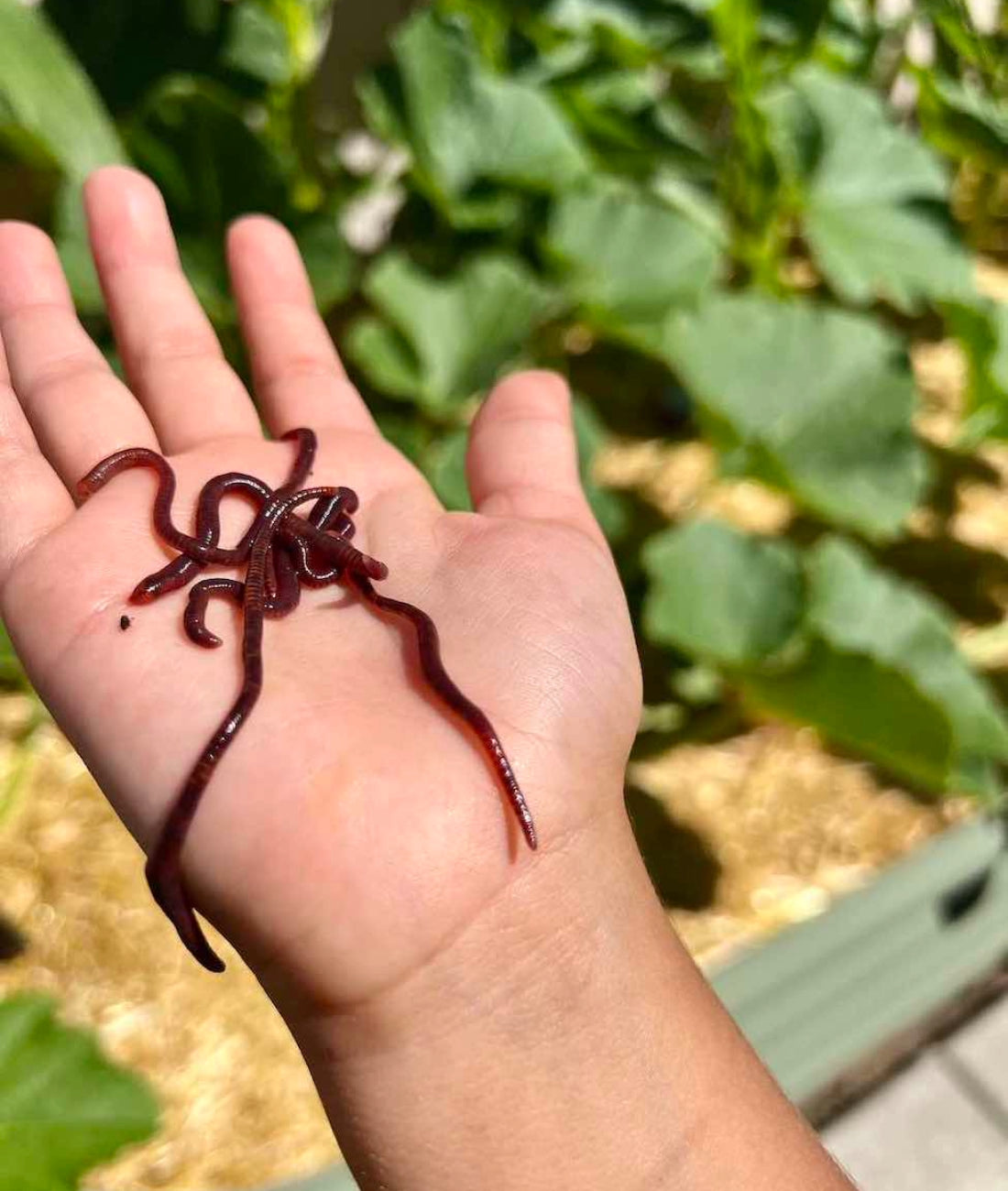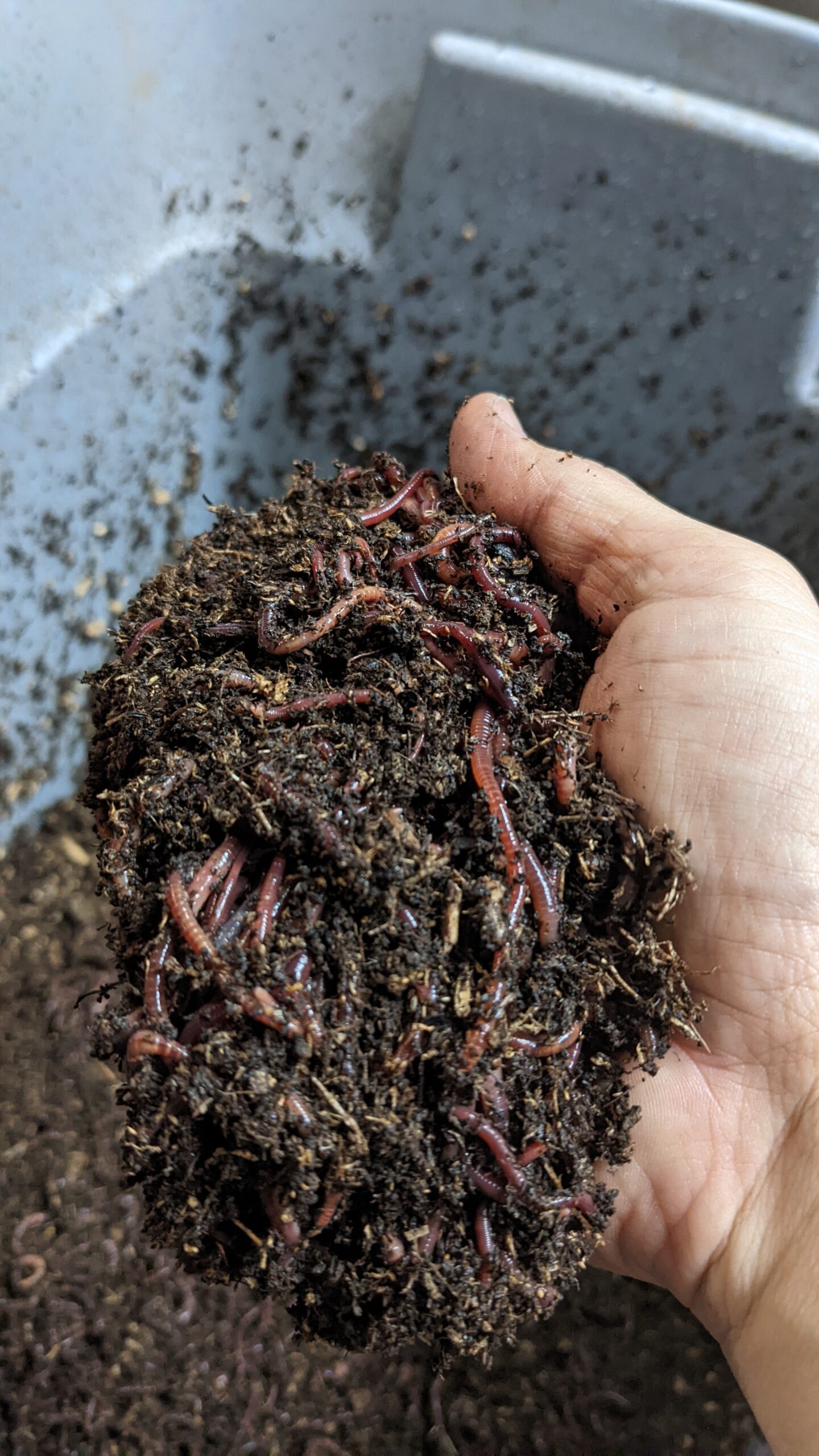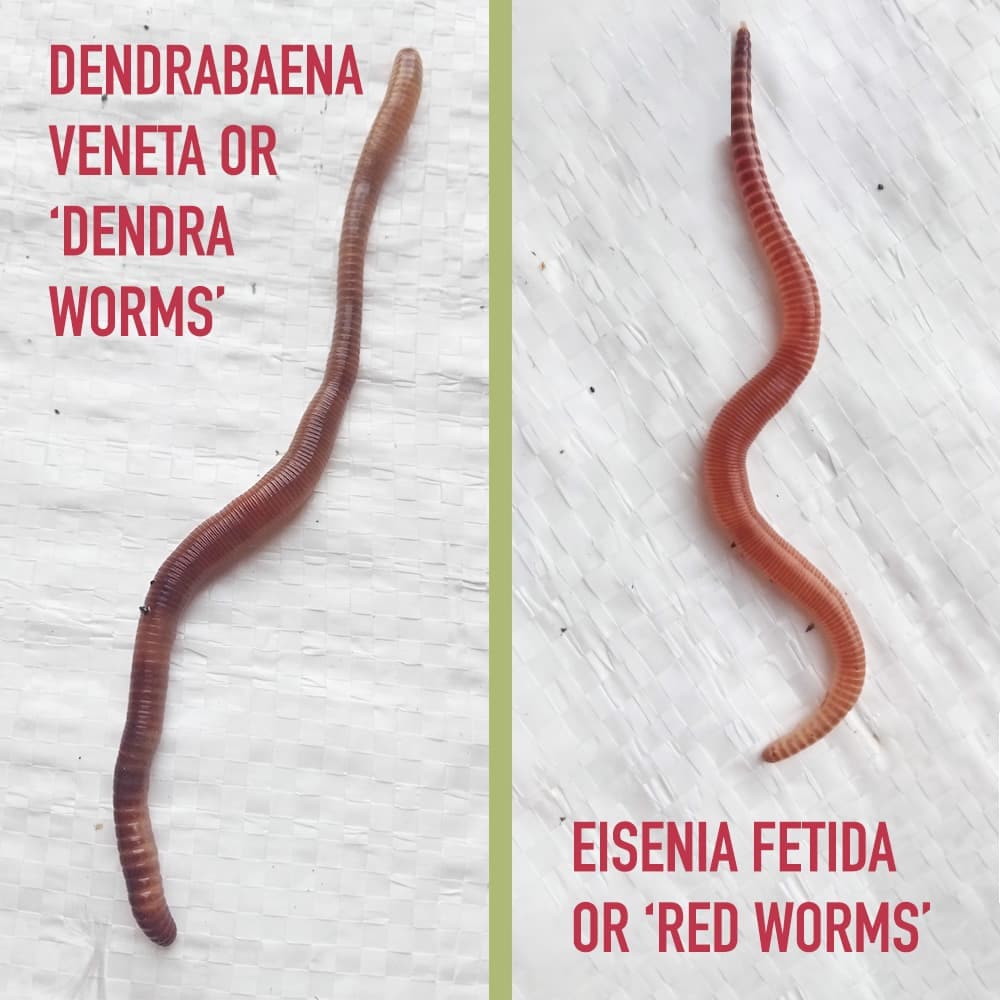The 10-Minute Rule for Red Wiggler Express
The 10-Minute Rule for Red Wiggler Express
Blog Article
All about Red Wiggler Express
Table of Contents10 Easy Facts About Red Wiggler Express DescribedExcitement About Red Wiggler ExpressSome Ideas on Red Wiggler Express You Should KnowThe Ultimate Guide To Red Wiggler ExpressRed Wiggler Express for Dummies
And the growing Red Worm populace? Even in the heap that was established up directly in front of backyard composters with existing Red Worm colonies.
Several ranges, consisting of Red Wigglers, European Nightcrawlers, and Lumbricus types were brought over from the European continent. Right here's the thingNative or not - and as gifted as they are at being able to endure in a wide-range of settings and conditions -. In various other words, they are much more most likely to hang around in any type of active composting systems you have set up, than they are to wander off and start destroying the atmosphere.
Roots require oxygen for respiration and rely on smooth air movement within the soil to thrive. Nevertheless, when it rains, dirt can come to be saturated with water, minimizing the oxygen offered and hindering vitamins and mineral absorption - Red Wiggler Express. To keep an ideal equilibrium, the soil should permit water to drain pipes adequately, leaving adequate space for air to sustain origin health
The Red Wiggler Express Statements

When it pertains to worms for composting, what comes to mind? If you were an earthworm dog breeder, supplier, or plain garden enthusiast, after that you would certainly know that red wiggler worms are the ideal worms for vermicomposting. To find out more about these earth marvels, checked out a few of the red worm facts listed below.
(https://www.producthunt.com/@rwigglerexnc)If they stretch their bodies, you'll be able to see the red stripes on their skin. When increasing worms such as red wiggler worms, you must have the ability to know just how to make great use of them. When you have the ability to maintain and take care of their habitat well, and additionally feed them the right kinds of natural wastes, after that they'll have the ability to generate nutrient-packed and quality-rich worm castings for you (also called worm poop or garden compost).
The Red Wiggler Express PDFs
What do worms consume? Well, these red wriggler worms can be fed with kitchen scraps and yard wastes.

This habits makes them well-suited for life in worm containers, compost heap, and other confined areas where natural waste is bountiful. Developing an ideal environment for red wigglers requires a thoughtful approach. Think about the following essential aspects to care for red wigglers in your home and guarantee their wellness: Use a bedding of shredded paper or cardboard.

Red wiggler worms replicate by laying small, lemon-shaped eggs in safety cocoons. These cocoons are usually deposited in the bed linens and hatch into baby worms within a few weeks.
Red Wiggler Express Can Be Fun For Everyone
Their adaptability and resilience have made them a preferred selection for vermicomposting in various areas around the world. Take into consideration safety actions for extremely extreme temperature levels such as: Shielding the worm bin with layers of straw or leaves. Worm Farms Near Me.

Simply bear in mind - you can constantly include more food later on (but it's difficult to remove feed once it's been added to a container!).
Since I fed the red wigglers and compost worms as well much, they weren't able to keep up and over time the older food went leftover and created anaerobic problems that killed the worms. Below're the 6 gold rules for exactly how frequently and how much to feed your worms: Guideline # 1: Moderation!
Top Guidelines Of Red Wiggler Express
Uneaten food will lead to anaerobic conditions that will certainly kill your live worms. Rule # 6: After the initial feeding, feed the worms 1/3 to 1/2 of their weight.
Report this page